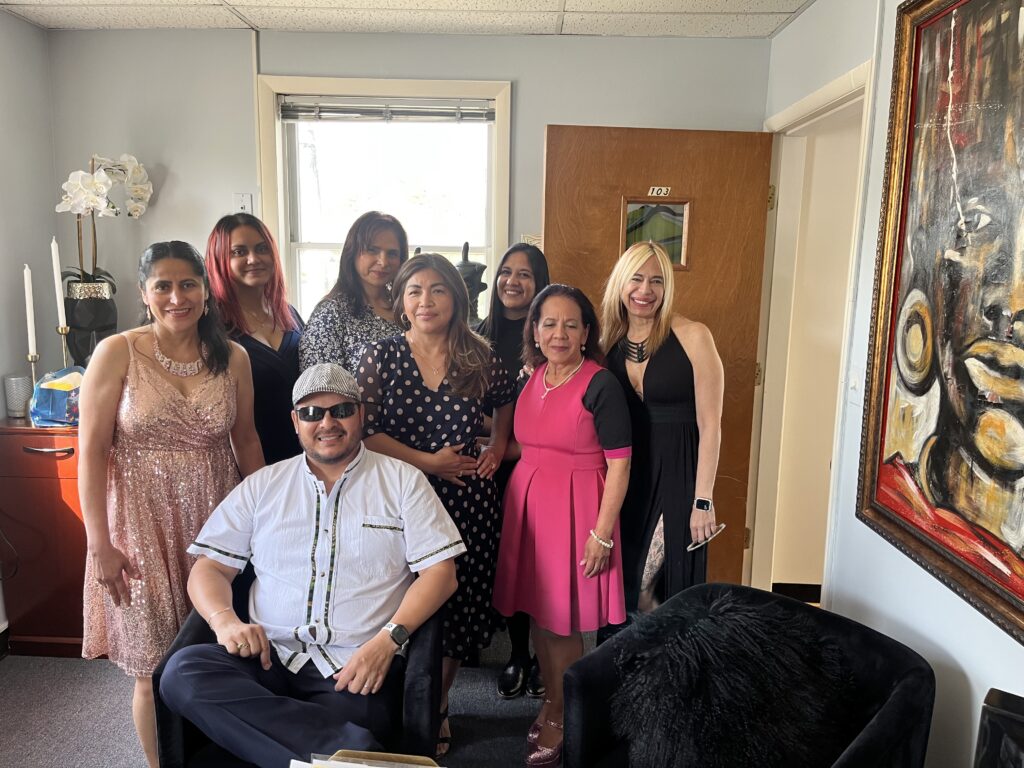AWPLI Certified CHWs Available For Employment - If your company seeks to hire certified community health workers, please get in touch with AWPLI at chwtraining@awpli.org
AWPLI Certified CHWs Available For Employment - If your company seeks to hire certified community health workers, please get in touch with AWPLI.
Community Health
Worker Certification Training
In the United States, Community Health Workers (CHWs) help to meet the national health goals by conducting community-level activities and interventions that promote health and prevent diseases and disability. They form a critical component to health systems especially where highly trained physicians and nurses are in short supply. The value of CHWs to U.S. healthcare system has not been fully recognized. However, they are increasingly being seen as an important intervention for preventing and reducing health disparities by promoting and supporting healthy behaviors in underserved communities.
CHWs as a health intervention is showing tremendous gains in improving health, especially among vulnerable populations. They have long been recognized as agents and advocates for improving health in local communities. In the era of the Affordable Care Act, there is increasing interest in integrating CHWs into team-based primary care as a key strategy to achieve Triple Aim goals of lower costs, better care and improved outcomes – and overall population health. CHWs will strengthen the linkages between public health and clinical practice, thereby enhancing community outreach, care coordination, and delivery of behavioral change strategies.
CHWs work in collaboration with many entities to include: community, state and charitable resources which complements several health prevention and interventions within the healthcare systems to accomplish improved health outcomes for patients and communities. Several CHWs are lay members of communities working to build community capacity and self-confidence in community members.

CHWs are…
…considered as core members of the healthcare delivery team with the task of breaking down cultural and linguistic barriers between health teams and members of the community providing practical support in engaging with health and community resources.
…trusted members of the community they serve, and are able to address some of the most pressing needs community’s most vulnerable populations through prevention, health education, cultural mediation, and patient advocacy.
…serve as a bridge between their community members and professionals in the field of health and human services and provides an important service by establishing and improving relationships between these professionals and members of the community.
Maryland Community Health Worker Training
Access for Wholistic and Productive Living (AWPLI) intends to significantly expand and extend the public health workforce in Maryland through the training and certification of new Community Health Workers (CHWs) and to extend the knowledge and skills of current CHWs. We designed the Access Community Health Workers Training Program (ACHWTP) to address the shortage of trained and certified CHWs in the state and strengthen workforce capacity to improve health outcomes and access in underserved communities.
AWPLI’s state approved CHW certification training curriculum addresses the nine Maryland CHW Core Competencies which are:
- Advocacy and community capacity building skills
- Effective oral and written communication skills
- Understanding and Addressing Unconscious Judgments
- Understanding of ethics and confidentiality issues
- Knowledge of local resources and system navigation
- Care coordination support skills
- Teaching skills promoting healthy behavior change.
- Outreach methods and strategies
- Understanding of public health concepts and health literacy
